Naruto University of Education
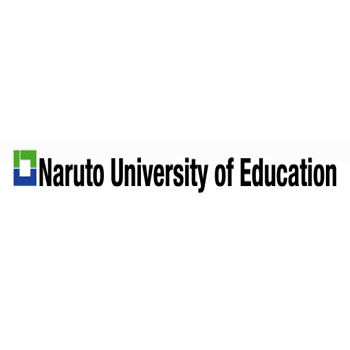
Founded: 1981
Address: 748, Nakajima, Takashima, Naruto-cho - Kagawa, Japan
Phone: +81 88 6876012
Address: 748, Nakajima, Takashima, Naruto-cho - Kagawa, Japan
Phone: +81 88 6876012
Here you find out Naruto University of Education complete information about fees, location, degree Naruto University of Education offers, number, website, and much more. Naruto University of Education is a leading university in Kagawa - Japan.
You can also find out jobs at Naruto University of Education for students, teachers, and professors. We also update the database for an internship at Naruto University of Education for students.
The Naruto University of Education is located in Seto Inland Sea National Park. The university’s surroundings include the dynamic Naruto whirlpools, Ryōzen-ji Temple, which is the first stop on the 88-temple Shikoku Pilgrimage, and the Ōtsuka Museum of Art, which houses an exhibit of ceramic plate reproductions of Western works of art. Only two hours by highway bus from Osaka, the park draw...s large numbers of tourists and pilgrims.
A scenic and shining idyll of sapphire sea and emerald trees, our university’s extraordinarily beautiful campus is conducive to an expansive atmosphere that encourages contemplative and studious effort. Our first president, Yoshiaki Maeda, in the belief that “the environment is a silent education, and the environment and structures of the university are wordless teachers,” involved himself from the initial design stages in order to create one of the most beautiful campuses in Japan.
In addition to the buildings, our university also offers substantial educational facilities. For example, our library, which features the collections of Hama Ōmura and Junya Noji, is akin to holy ground for those studying Japanese language education. In addition, this national university is home to an advanced Children’s Library, which provides space for interactions among students, children, and local citizens. In 2012, the library was awarded the School Library Prize by the Japan School Library Association; this was the first award won by the university’s library.
Our school was founded on October 1, 1981 as an innovative university designed to enhance teacher training to offer mid-career training for teachers and to carry out advanced pedagogical research, and later admitted its inaugural class to its graduate school (Master’s course) in April of 1984.
Thereafter, the inaugural class of students in the Faculty of School Education and Teacher Graduate School (Professional Degree Course) were admitted in April of 1986 and April of 2008, respectively. In addition, the school is also a partner in the Joint Graduate School (PhD Program) in the Science of School Education based at the Hyogo University of Teacher Education, established in April of 1996.
Since its founding, our school has striven to fulfill its mission as a leading university in teacher education. As a part of its success, it has ranked first in terms of its graduate employment rate as teaching faculty for six consecutive years. The faculty employment rate for students completing graduate school (excluding mid-career teachers) is also very high, particularly among those completing Teacher Graduate School, who have also been ranked first for two years in a row, with an employment rate of 100%.
In addition, we have engaged proactively with the issue of bullying in schools. In partnership with the Miyagi University of Education, Joetsu University of Education, Fukuoka University of Education, and other groups including Boards of Education across the country, our school has become a key participant in initiatives for education, research, support, and training.
We are also undertaking the training of personnel who support school education more broadly, such as clinical psychologists and experts in international cooperation in education. Over 500 clinical psychologists have now graduated from our university’s graduate school, and are now active in a variety of fields including school counseling. In addition, as well as actively promoting programs sending students overseas, we also admit foreign students and overseas educational professionals for training. In 2013, after having operated for many years, our training program was awarded the International Cooperation Recognition Prize by the JICA (Japan International Cooperation Agency).
While we are promoting a variety of reforms in keeping with our mission as a leading university in teacher education, I believe that our university’s consistently celebrated mission may be encapsulated in the following aspiration stated by our first president, Prof. Maeda, at the time of our school’s founding.
“While improving the quality of teachers is one of the missions of our school, this is more than simply instruction in pedagogical theories, knowledge, and techniques. Education is a pursuit that involves interacting with children on a personal level. It is premised on internal ties with children and a humanistic love; I hope to continue to cultivate this spirit among our teachers. The training of teachers bolstered by this humanistic love and sense of purpose is also part of our mission as a university.”
To restate Prof. Maeda’s aspiration in my own words, I would frame it as “teachers who cherish the child’s spirit and the adult’s wisdom.”
When you first enrolled in elementary school, do you remember how imposing the students in sixth grade, the teachers, and the schoolyard itself seemed? Do you remember the joys and sorrows of childhood? It is precisely because we have not forgotten the spirit of childhood that we are able to be there for children and offer sympathy.
In order to understand the value of the childhood spirit, we must learn from the wisdom of experience as adults. While knowledge and technique are important, these do not alone constitute adulthood wisdom. For example, we may observe conflict and antagonism between the standpoint that emphasizes group discipline and rules in the classroom and the standpoint that emphasizes spontaneity and expressions of students’ individual spirit. When there are no simple right answers, we must seek answers by consulting our colleagues and giving consideration to various perspectives. The very act of seeking answers in this way could be said to be the adult’s wisdom.
While education is a pursuit that involves interacting with children on a personal level, at the Naruto University of Education, I urge you to interact on this personal level not only with children, but also with the university’s faculty members and your fellow students. By the time you graduate, I hope that you will have deepened and expanded your intrinsic capacities for the confidence to teach and the humility to learn both as teachers and as human beings.
Higher standards for teachers have come to be expected today in Japanese society. As educators, teachers should have not only thorough understanding of the growth and development of human beings but also sufficient knowledge, ideas,background, methods and technique to teach effectively.
Naruto University of Education was established on October 1, 1981 by the Japanese government to respond with a new approach to such social demands. The university is a new kind of University for teachers in that it is designed to retrain teachers from nation-wide schools through advanced course work and research in graduate programs as well as to produce elementary and secondary school teachers in undergraduate programs. In April of 1984, the first students were enrolled into the graduate program. The first students in the school education department entered in April of 1986.
Based on the social expectations for schools and teachers, the University established a new professional degree course as teacher education in 2008 to make investigations on teacher education and to produce the well qualified teachers having specialised knowledge and teaching competence.
Master"s program aims to produce elementary and secondary school teachers who have specialized knowledge concerning the areas and subjects and enough teaching competence. Professional degree course aims to produce elementary and secondary school teachers who have problem solving abilities and will be leaders in their schools and societies.
The object of the undergraduate programs (College of Education) is to produce elementary and secondary school teachers who are well qualified for teaching in all areas and subjects on the basis of comprehensive understanding of children"s growth and development.
You can also find out jobs at Naruto University of Education for students, teachers, and professors. We also update the database for an internship at Naruto University of Education for students.
The Naruto University of Education is located in Seto Inland Sea National Park. The university’s surroundings include the dynamic Naruto whirlpools, Ryōzen-ji Temple, which is the first stop on the 88-temple Shikoku Pilgrimage, and the Ōtsuka Museum of Art, which houses an exhibit of ceramic plate reproductions of Western works of art. Only two hours by highway bus from Osaka, the park draw...s large numbers of tourists and pilgrims.
A scenic and shining idyll of sapphire sea and emerald trees, our university’s extraordinarily beautiful campus is conducive to an expansive atmosphere that encourages contemplative and studious effort. Our first president, Yoshiaki Maeda, in the belief that “the environment is a silent education, and the environment and structures of the university are wordless teachers,” involved himself from the initial design stages in order to create one of the most beautiful campuses in Japan.
In addition to the buildings, our university also offers substantial educational facilities. For example, our library, which features the collections of Hama Ōmura and Junya Noji, is akin to holy ground for those studying Japanese language education. In addition, this national university is home to an advanced Children’s Library, which provides space for interactions among students, children, and local citizens. In 2012, the library was awarded the School Library Prize by the Japan School Library Association; this was the first award won by the university’s library.
Our school was founded on October 1, 1981 as an innovative university designed to enhance teacher training to offer mid-career training for teachers and to carry out advanced pedagogical research, and later admitted its inaugural class to its graduate school (Master’s course) in April of 1984.
Thereafter, the inaugural class of students in the Faculty of School Education and Teacher Graduate School (Professional Degree Course) were admitted in April of 1986 and April of 2008, respectively. In addition, the school is also a partner in the Joint Graduate School (PhD Program) in the Science of School Education based at the Hyogo University of Teacher Education, established in April of 1996.
Since its founding, our school has striven to fulfill its mission as a leading university in teacher education. As a part of its success, it has ranked first in terms of its graduate employment rate as teaching faculty for six consecutive years. The faculty employment rate for students completing graduate school (excluding mid-career teachers) is also very high, particularly among those completing Teacher Graduate School, who have also been ranked first for two years in a row, with an employment rate of 100%.
In addition, we have engaged proactively with the issue of bullying in schools. In partnership with the Miyagi University of Education, Joetsu University of Education, Fukuoka University of Education, and other groups including Boards of Education across the country, our school has become a key participant in initiatives for education, research, support, and training.
We are also undertaking the training of personnel who support school education more broadly, such as clinical psychologists and experts in international cooperation in education. Over 500 clinical psychologists have now graduated from our university’s graduate school, and are now active in a variety of fields including school counseling. In addition, as well as actively promoting programs sending students overseas, we also admit foreign students and overseas educational professionals for training. In 2013, after having operated for many years, our training program was awarded the International Cooperation Recognition Prize by the JICA (Japan International Cooperation Agency).
While we are promoting a variety of reforms in keeping with our mission as a leading university in teacher education, I believe that our university’s consistently celebrated mission may be encapsulated in the following aspiration stated by our first president, Prof. Maeda, at the time of our school’s founding.
“While improving the quality of teachers is one of the missions of our school, this is more than simply instruction in pedagogical theories, knowledge, and techniques. Education is a pursuit that involves interacting with children on a personal level. It is premised on internal ties with children and a humanistic love; I hope to continue to cultivate this spirit among our teachers. The training of teachers bolstered by this humanistic love and sense of purpose is also part of our mission as a university.”
To restate Prof. Maeda’s aspiration in my own words, I would frame it as “teachers who cherish the child’s spirit and the adult’s wisdom.”
When you first enrolled in elementary school, do you remember how imposing the students in sixth grade, the teachers, and the schoolyard itself seemed? Do you remember the joys and sorrows of childhood? It is precisely because we have not forgotten the spirit of childhood that we are able to be there for children and offer sympathy.
In order to understand the value of the childhood spirit, we must learn from the wisdom of experience as adults. While knowledge and technique are important, these do not alone constitute adulthood wisdom. For example, we may observe conflict and antagonism between the standpoint that emphasizes group discipline and rules in the classroom and the standpoint that emphasizes spontaneity and expressions of students’ individual spirit. When there are no simple right answers, we must seek answers by consulting our colleagues and giving consideration to various perspectives. The very act of seeking answers in this way could be said to be the adult’s wisdom.
While education is a pursuit that involves interacting with children on a personal level, at the Naruto University of Education, I urge you to interact on this personal level not only with children, but also with the university’s faculty members and your fellow students. By the time you graduate, I hope that you will have deepened and expanded your intrinsic capacities for the confidence to teach and the humility to learn both as teachers and as human beings.
Higher standards for teachers have come to be expected today in Japanese society. As educators, teachers should have not only thorough understanding of the growth and development of human beings but also sufficient knowledge, ideas,background, methods and technique to teach effectively.
Naruto University of Education was established on October 1, 1981 by the Japanese government to respond with a new approach to such social demands. The university is a new kind of University for teachers in that it is designed to retrain teachers from nation-wide schools through advanced course work and research in graduate programs as well as to produce elementary and secondary school teachers in undergraduate programs. In April of 1984, the first students were enrolled into the graduate program. The first students in the school education department entered in April of 1986.
Based on the social expectations for schools and teachers, the University established a new professional degree course as teacher education in 2008 to make investigations on teacher education and to produce the well qualified teachers having specialised knowledge and teaching competence.
Master"s program aims to produce elementary and secondary school teachers who have specialized knowledge concerning the areas and subjects and enough teaching competence. Professional degree course aims to produce elementary and secondary school teachers who have problem solving abilities and will be leaders in their schools and societies.
The object of the undergraduate programs (College of Education) is to produce elementary and secondary school teachers who are well qualified for teaching in all areas and subjects on the basis of comprehensive understanding of children"s growth and development.
Read More
Details:
LeaderShip: President: Yamashita Kazuo
Fees:
Time:
Phone Number: +81 88 6876012
City: Kagawa
Fees:
Time:
Phone Number: +81 88 6876012
City: Kagawa
Timing:
Country: Japan
Staff:
Website: http://www.naruto-u.ac.jp
Country: Japan
Staff:
Website: http://www.naruto-u.ac.jp
Subjects:
Jobs in Naruto University of Education
Currently, there is no job opening in Naruto University of Education as per our database.

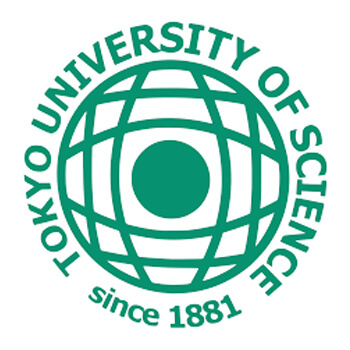
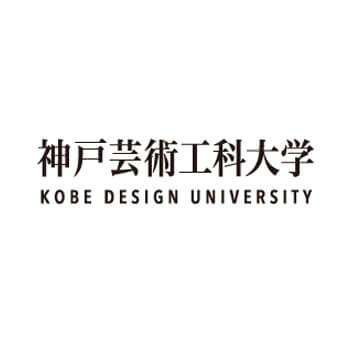
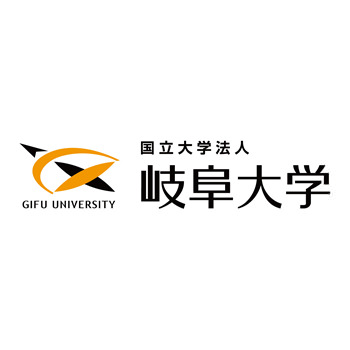
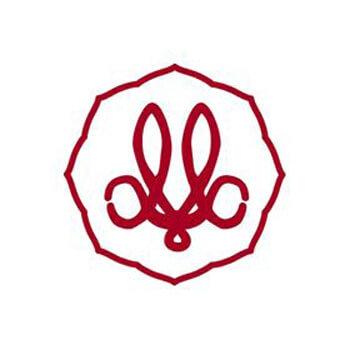
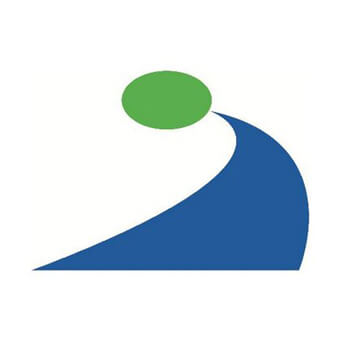
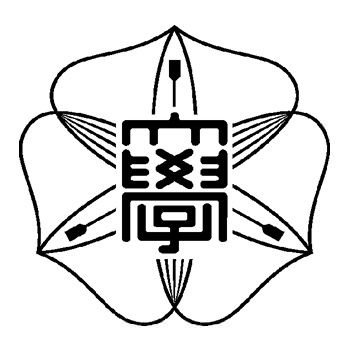
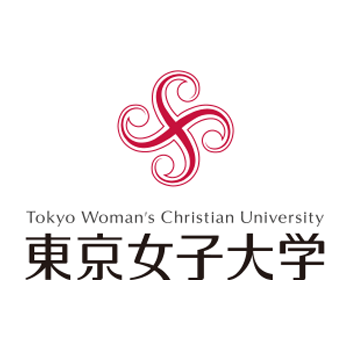
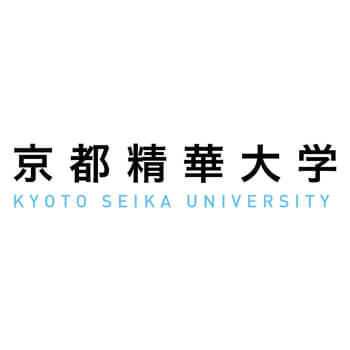









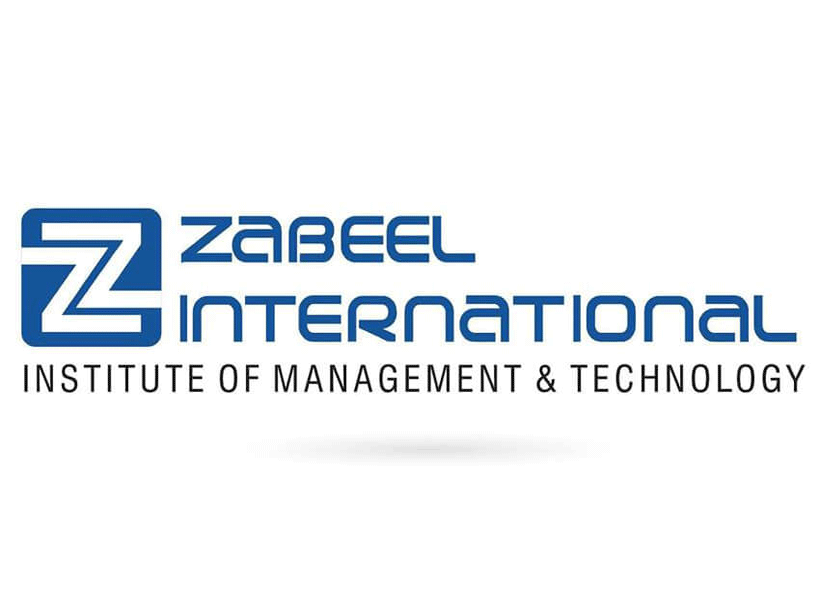
Leave a Reply